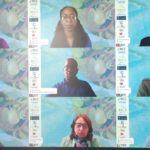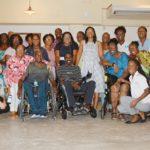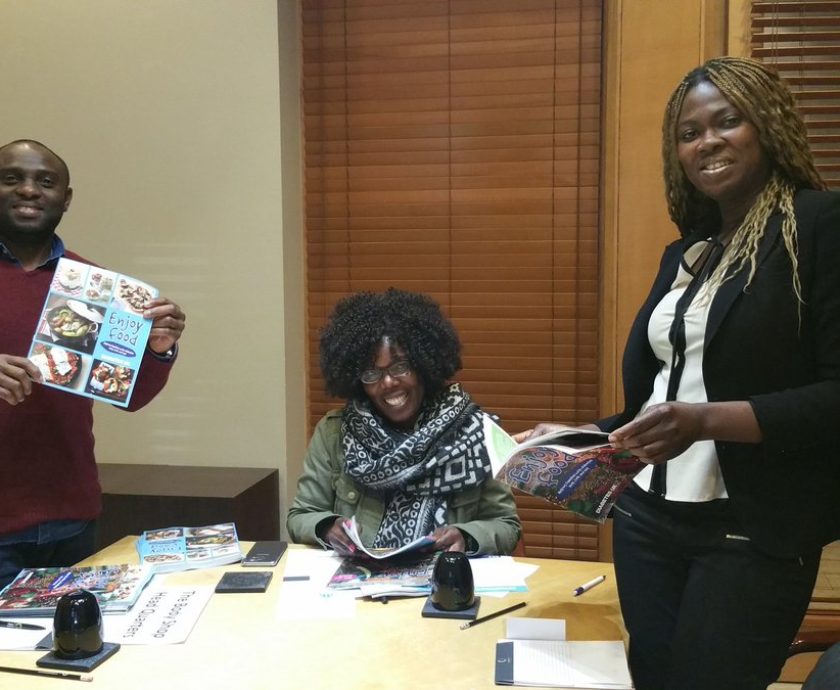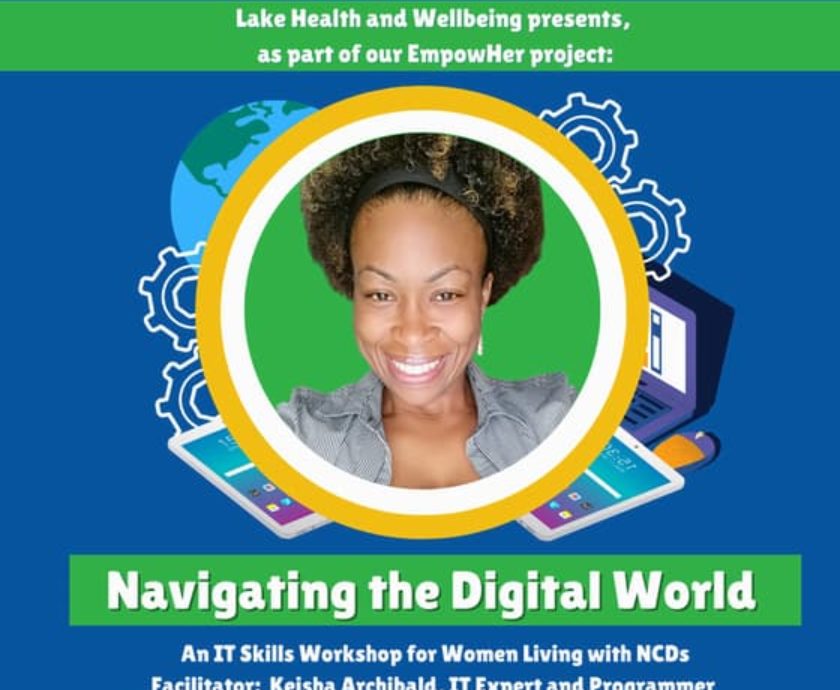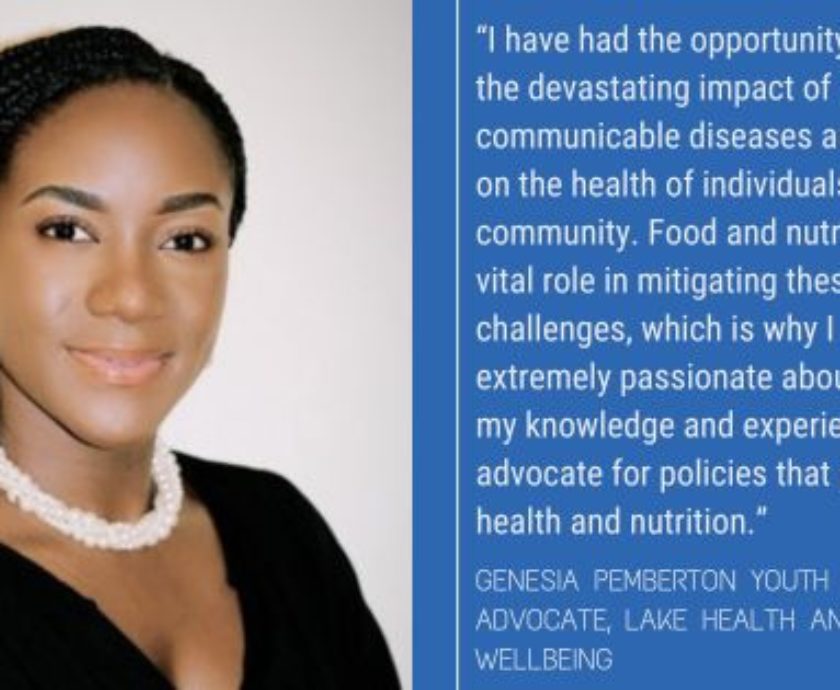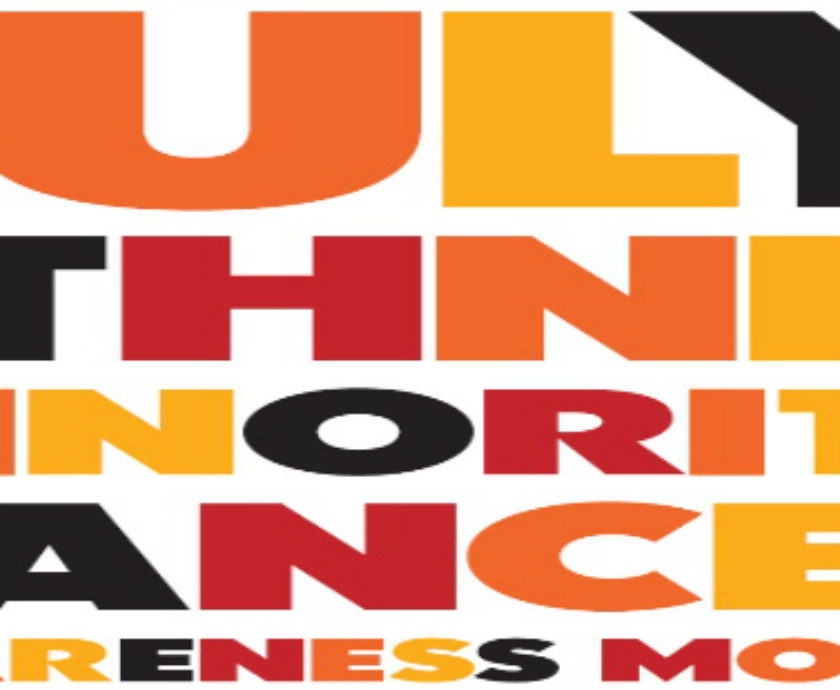Last week, the UN Small Island Developing States (SIDS) Conference took place in Antigua, a significant event held every 10 years to gather leaders from the Caribbean, Pacific, Atlantic, Indian Ocean, and South China Sea Islands. The theme for this year’s conference was “Charting the Course Toward Resilient Prosperity,” focusing on exploring sustainable development for SIDS.
NGOs, after an approval process, were able to attend as accredited observers and raise concerns about the issues important to their organizations through oral and written submissions, as well as by hosting side events. Abi Begho, our Programme Director, and Dr. Josephine Claxton-Richardson, one of our Board Members, had the opportunity to attend, representing Lake Health and Wellbeing. Colleagues from our St Kitts and Nevis NCD Alliance, Mr. Anthony Mills from the St Kitts Nevis Association of Persons with Disabilities, and Dr. Glenville Liburd, the founder of the Nevis CBR Advocates and Nevis Renal Society, also attended the conference representing their organizations.
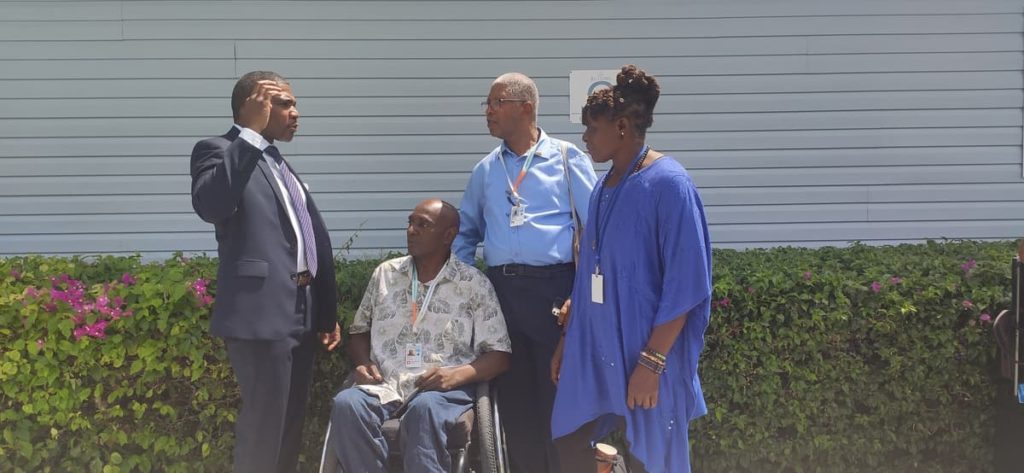
During the conference, we attended several side events that provided us with much food for thought, hope, and some concerns about the political will to implement the necessary recommended actions. One such event was UNESCO’s session on “SIDS and Sports: Bridging the Pacific, Caribbean, and Indian Ocean: Investment, Inclusion, and Innovation,” where the discussion around sports as a driver for sustainable development was fascinating. We were particularly inspired by the Active Mauritius programme, which promotes physical activity for all, regardless of age, gender, or disability.
Another insightful event was the Caribbean Women in Leadership’s discussion on “Re-aligning Climate Finance: Accelerating Equal Access and Inclusion.” It was valuable to hear from St Kitts and Nevis’ Prime Minister, Hon. Dr. Terrence Drew, and other panelists as they explored the need for more inclusive climate funding, the challenges SIDS face in accessing climate funding, how the multi-dimensional vulnerability index can address these challenges, and the importance of gender-responsive climate funding.
We also attended the Healthy Caribbean Coalition, PAHO, and Antigua Ministry of Health’s event on the Next Decade of Action on NCDs. This session covered essential actions needed to tackle non-communicable diseases (NCDs) – one of the biggest health challenges SIDS faces. The discussion highlighted approaches like front-of-package warning labels, SSB taxation, tobacco and alcohol control, physical activity promotion, better access to NCD treatment, salt reduction, and trans-fat elimination.
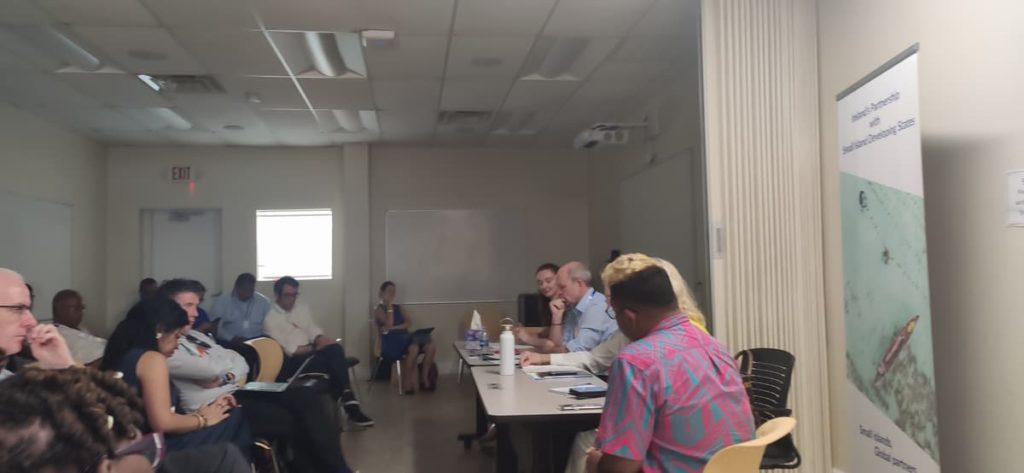

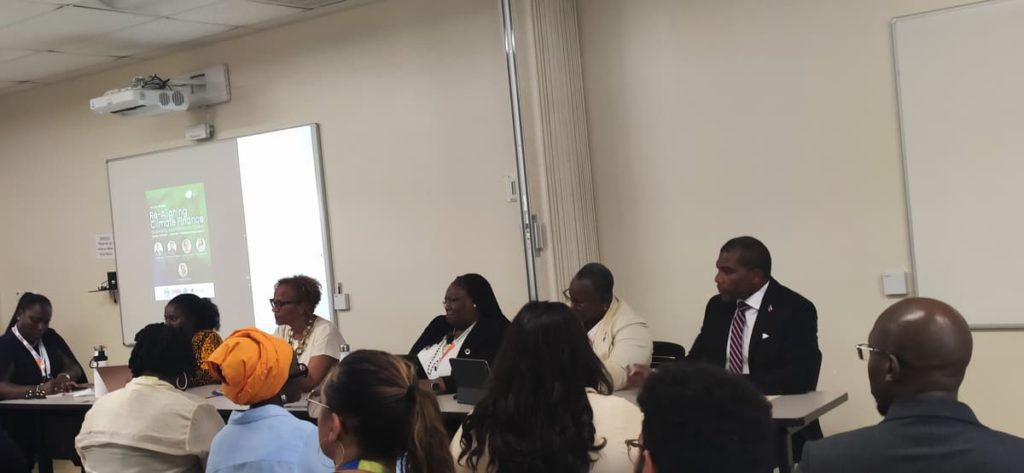

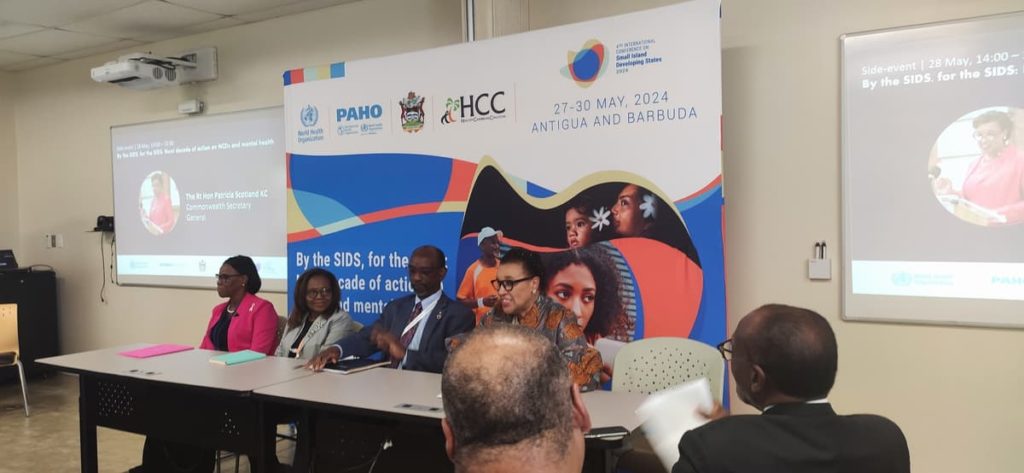

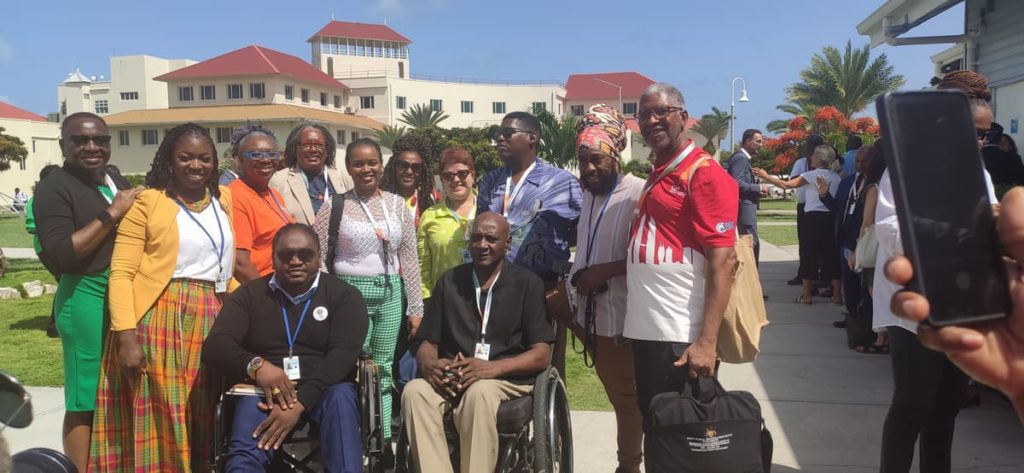

One of the most impactful experiences was attending the side event organized by Circle of Friends and partners, focusing on “Investing in Human Capital in Small Island Developing States by Addressing Disabilities Issues and Harnessing the Potential of People Living with Disabilities.” This event featured inspiring speakers from across the Caribbean, including Mr. Anthony Mills and Dr. Glenville Liburd from St Kitts and Nevis, who explored critical themes such as the representation of persons with disabilities in the media, inclusive education, the power of KOBO in collecting disability data, horticulture therapy, ensuring free movement of all people in CARICOM through accessibility building codes, community-based rehabilitation, and more.
A significant highlight of our experience was the Civil Society Forum, organized by CANARI, PIANGO, and the SIDS4 CSO Coalition. This powerful session showcased the incredible work NGOs across SIDS are doing to contribute to sustainable development. During the forum, NGOs highlighted their contributions, shared reflections, set priorities, and announced commitments toward implementing the SIDS4 outcome document (the ABAS) through the SIDS CSO Action Plan and Roadmap.
Another event hosted by the SIDS4 CSO Coalition was the Global CSO Summit. The theme of this event was “Connecting CSOs Through Collaboration,” bringing together non-profit organizations from SIDS to explore collaboration opportunities to amplify our impact to effect global change. We had the honor of delivering remarks at this event, emphasizing the importance of health in any sustainable development strategy and highlighting some of the work that we’re doing to promote good health in St Kitts and Nevis.
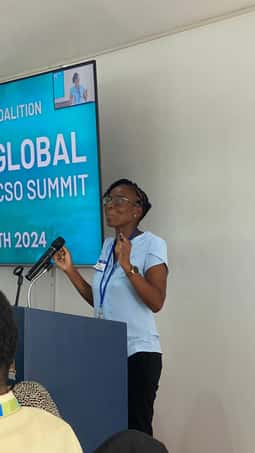

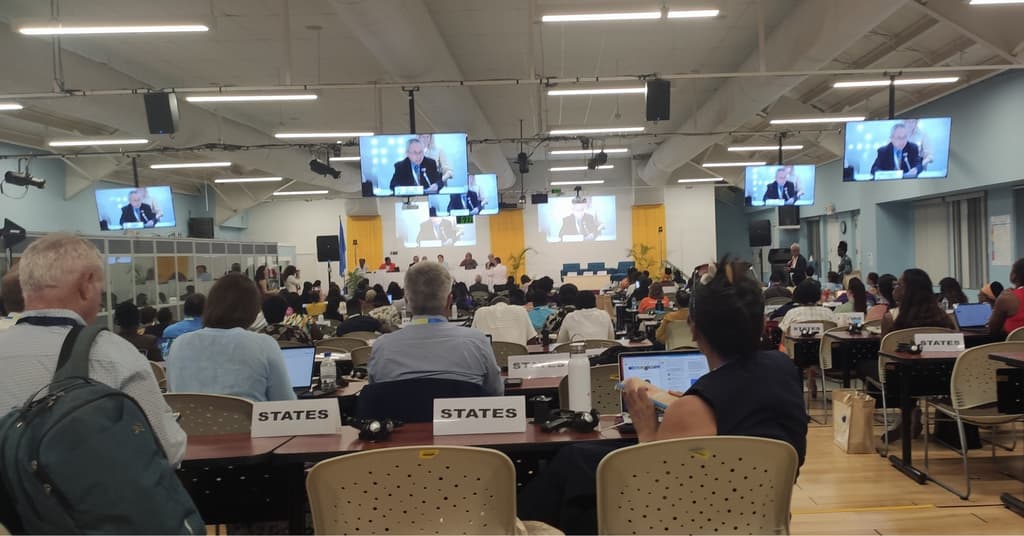

The conference culminated in the adoption of the Antigua and Barbuda Agenda for SIDS (ABAS) – a Renewed Declaration for Resilient Prosperity. This document outlines the necessary steps for sustainable development over the next 10 years, with leaders expected to localize and implement these steps in their countries with support from the international community, the UN, and other SIDS. NGOs, including our own, will play a crucial role in implementing ABAS at a local level and holding our governments accountable. Supporting this effort will be the SIDS4 CSO Action Plan and Roadmap developed by the SIDS4 CSO Coalition, which will provide a framework and blueprint for NGOs to follow as they implement their efforts locally.
Additionally, prior to the official SIDS Conference, we attended a two-day pre-event, the Gender Equality Forum hosted by UN Women. Despite the weather challenges, the forum continued with impactful discussions on gender equality. We provided feedback on the forum’s communique, emphasizing the critical importance of addressing women’s health in any gender equality strategy. We were delighted to see our feedback included in the final communique.
Having attended this, our first UN high-level meeting, we learned three main lessons from this experience:
The Importance of Global Advocacy
It is crucial for NGOs to attend international meetings like the SIDS4 Conference to advocate for change on a global level. Being present at such events ensures that our voices are heard and that we can influence policies and decisions that affect our communities.
Proactive Engagement
NGOs need to be proactive when attending these types of meetings. This means being actively engaged in the run-up to the meeting, submitting written statements, providing input beforehand, and exploring opportunities to speak and host side events. Such proactive engagement ensures that our issues and solutions are adequately represented and considered.
The Power of Collaboration
The conference underscored the power of collaboration. Working together with other NGOs, international organizations, and stakeholders amplifies our impact and ensures the sharing of best practices and resources. This collaborative spirit is essential for driving sustainable development and addressing the unique challenges faced by SIDS.
In conclusion, the UN SIDS4 Conference was a remarkable experience, filled with enlightening discussions, networking opportunities, and the formulation of impactful strategies for sustainable development. We look forward to working with our St Kitts and Nevis NCD Alliance members to localize the SIDS CSO Action Plan and Roadmap and make a real impact locally.







